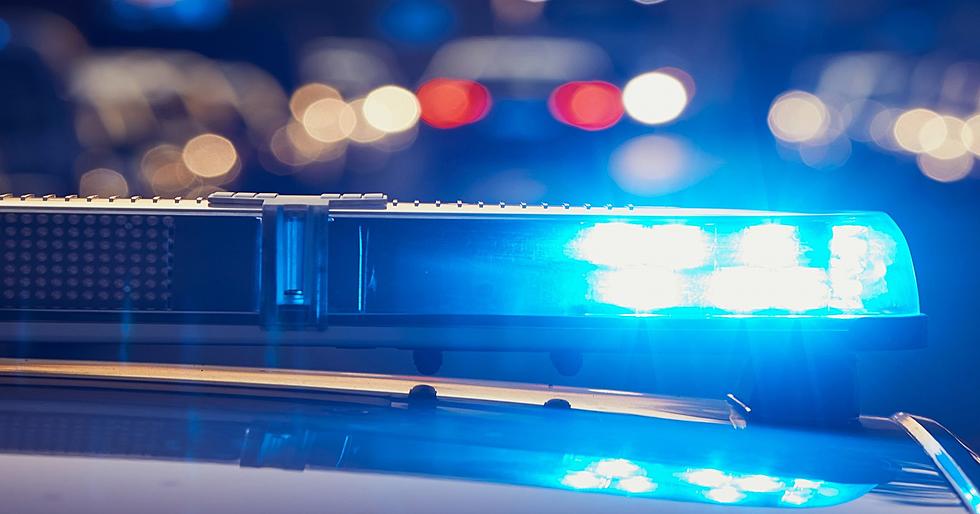
Speed Cams on Louisiana I-10 Basin Bridge – Update
Louisiana residents who live along the Interstate 10 corridor are well known for enjoying a laid back, slow and easy lifestyle. Unless they are driving. Then for some reason once they get behind the wheel everyone becomes addicted to speed. In a lot of cases, that exuberance for traveling over the posted speed has resulted in fatal crashes along the raised portion of the roadway known as the Atchafalaya Basin Bridge.
In recent years in an effort to protect us from ourselves state officials have lowered the posted speed on 18-plus mile long structure. State officials also mandated that big rigs and other large vehicles travel at an even slower pace and travel only in the outside lanes while crossing the basin.
The change in posted speed and lane restrictions have probably saved more than a few lives but speeding on the basin bridge is still very much alive and well. I'm sure for those who choose to endangers others and travel at a speed higher than the posted speed will tell you the two and half minutes they save is well worth it. In my opinion, speeding on the basin bridge just gets you to the congestion at the Mississippi River Bridge in Baton Rouge a few minutes quicker.
And by the way, we did the math, if you drive 60 mph on the basin bridge it will take you about 18 minutes to cross it. If you travel at 70 mph across the same bridge you get to the end in 15 minutes and 26 seconds. At 80 mph that trip across the basin bridge will take up 13 minutes of your life. But then you have the problem of "what to do with all that extra time you saved". It's a whole five minutes.
But the argument for automated speed enforcement on the basin bridge isn't so much about time as it is about money, right? A lot of people believe the addition of speed cameras to that stretch of I-10 is a form of "revenue enhanced law enforcement". In other words, here's one more way we can collect fines without actually having to do anything to collect those fines.
And since finding ways to extract money from citizens is what government officials do best, we are going to get those "automated eyes in the sky" or should I say "eyes in the bridge railing" sooner than later, but when? We've been talking about the issue for nearly a decade haven't we?
Here's where we are. If you've traveled the basin bridge in recent months you may have noticed signs that suggest "speeding fines would be doubled". Those signs are a first step in fulfilling the promise of making that stretch of roadway a designated "Safety Corridor". According to reports, the simple addition of the signs have actually reduced the number of major and fatal crashes on the bridge.
The next step in the implementation of ACT 426, that's the official designation of the project, is to install what's known as "feedback cameras". Those are the automated cameras that let you know how fast you're going.
Some people see those as a reason to slow down, others use them as a challenge to see if they can get high score. But these cameras, while they do send data back to LA DOTD and other government agencies, they don't have any law enforcement attributes.
When Will Speed Cameras on the Atchafalaya Basin Bridge Start Sending Speeding Tickets?
The best answer we could find for that question is this, by the end of 2024. Or about a year and half from the time this article was written. So, as of now, there is no specific timetable of when the cameras will be installed or when they might become operational, and if there will be a "grace period" for motorists to get used to the idea.
Where Will the Speed Camera Fines Go?
According to ACT 426, the monies generated from fines "earned" by the automated cameras will go into a special fund in the Louisiana Treasury. The funds will be used to maintain the project.
Who Will Maintain the Cameras and Collect the Fines?
The language in ACT 426 suggests that a state agency or a contracted third party could be tasked with that responsibility. Now, who that "third party contractor" might be should be something that Louisiana voters will want to have a say about. Anybody else see any opportunity for political favors or corruption? Nah, not in Louisiana.
Who Will Get the Money Collected by the Cameras?
ACT 426 specifies that the monies will be placed in a fund called the Atchafalaya Basin Bridge Safety Fund. The fund will be housed in the Louisiana Treasury. But, who gets paid out of that fund? Language in ACT 426 says:
at the conclusion of each fiscal year, any unexpended monies in the fund shall be divided equally between the parishes of Iberville and St. Martin
The key word in that phrase is "unexpended monies". So, those parishes will get paid from what isn't already spent. Would I be speaking out of turn if I suggested that this is where "the 3rd party contractor" could really "rob Peter and say to hell with Paul"? The people of Louisiana would be "Peter and Paul" in that instance. There is also a stipulation that monies leftover from paying the parishes, the 3rd party or state agency would remain in the fund.
How could there be money leftover? If the unexpended money is already given to St Martin and Iberville Parish? I think we have a loophole here, I am not sure but I bet its big enough to slide hundreds of thousands of dollars through, don't you?
What Have We Learned about Speed Cameras on the I-10 Bridge over the Atchafalaya Basin?
The plan is to have them installed and operational by the end of 2024. There are preliminary signs leading up the installation of those cameras already in place on the roadway. St. Martin and Iberville Parish will get some money from the cameras. Some state agency or third party company will reap the lions share of the monies generated. Louisiana's high profile lawyers are already figuring out ways to beat the system. Okay, I just added that last part in because it's true.
19 Everyday Tasks That Are Now Automated
More From 99.9 KTDY









